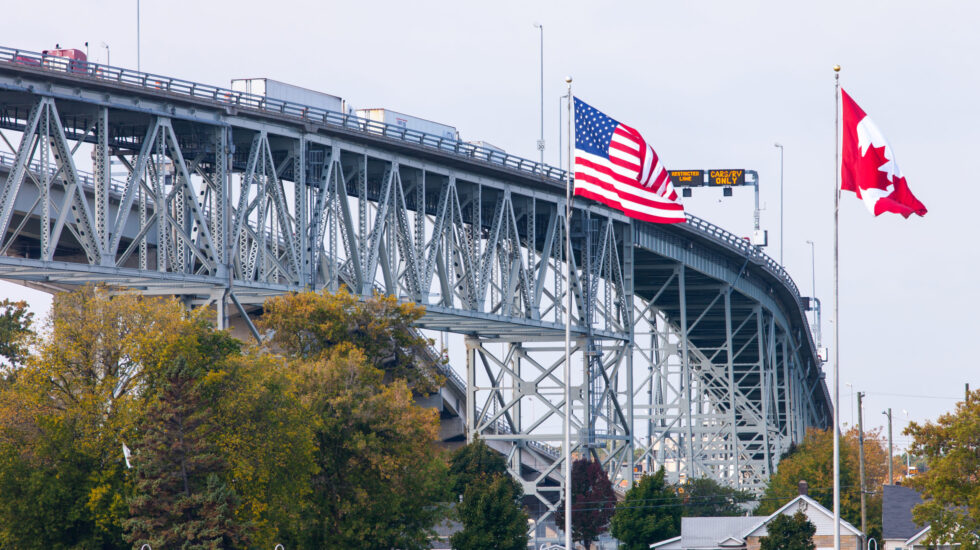It’s been nearly 16 months since Canada has allowed foreign visitors. That will change starting August 9, when the country will reopen its borders for non-essential travel to fully vaccinated citizens and permanent residents of the U.S.
You must have received the full complement of doses of a recognized vaccine — Pfizer/BioNTech, Moderna, AstraZeneca and Johnson & Johnson — at least 14 days before arriving in Canada to be granted entry. Vaccines manufactured in China or Russia are not currently recognized by the Canadian government.
Unvaccinated minors younger than 12 who enter Canada with vaccinated parents or guardians will not have to quarantine for 14 days. Canadian officials also will not require that fully vaccinated travelers have a post-arrival test unless they are randomly selected at the port of entry to complete a Covid-19 molecular test.
However, all travelers coming into Canada, fully vaccinated or not, will need a negative PCR or molecular test within 72 hours of requesting entry.
Tourists from countries other than the U.S. will be allowed to enter Canada beginning September 7, as long as the “COVID-19 epidemiology remains favorable,” according to a statement put out by the Canadian government on Monday. Foreign guests must be fully vaccinated and be able to show proof to enter the country. Those are not vaccinated are not allowed to cross the border.
Canada has barred non-essential travel since March 2020 to help contain the spread of COVID-19. But now it will join the European Union in welcoming back American travelers. The EU opened its doors again to U.S. tourists in June.
The White House on Monday however, has not yet committed to reopening its northern border to Canadians. The U.S. and Canada agreed in March 2020 to close its shared border to mitigate the coronavirus outbreak.
“We are continuing to review our travel restrictions and any decisions about reopening travel will by guided by our public health and medical experts,” White House press secretary Jen Psaki told reporters. She added that they are following the guidance of their health experts and monitoring the surge in COVID cases caused by the Delta variant strain.
The Biden Administration is coming under increasing pressure to resume international travel. But the recent surge in COVID cases across the globe has some countries rethinking their policies, and in some cases, mulling a return to stricter protocols. Israel, for example, which has more than 63 percent of the population fully vaccinated, is debating whether to implement a ban on all non-essential travel to contain the virus spread.



